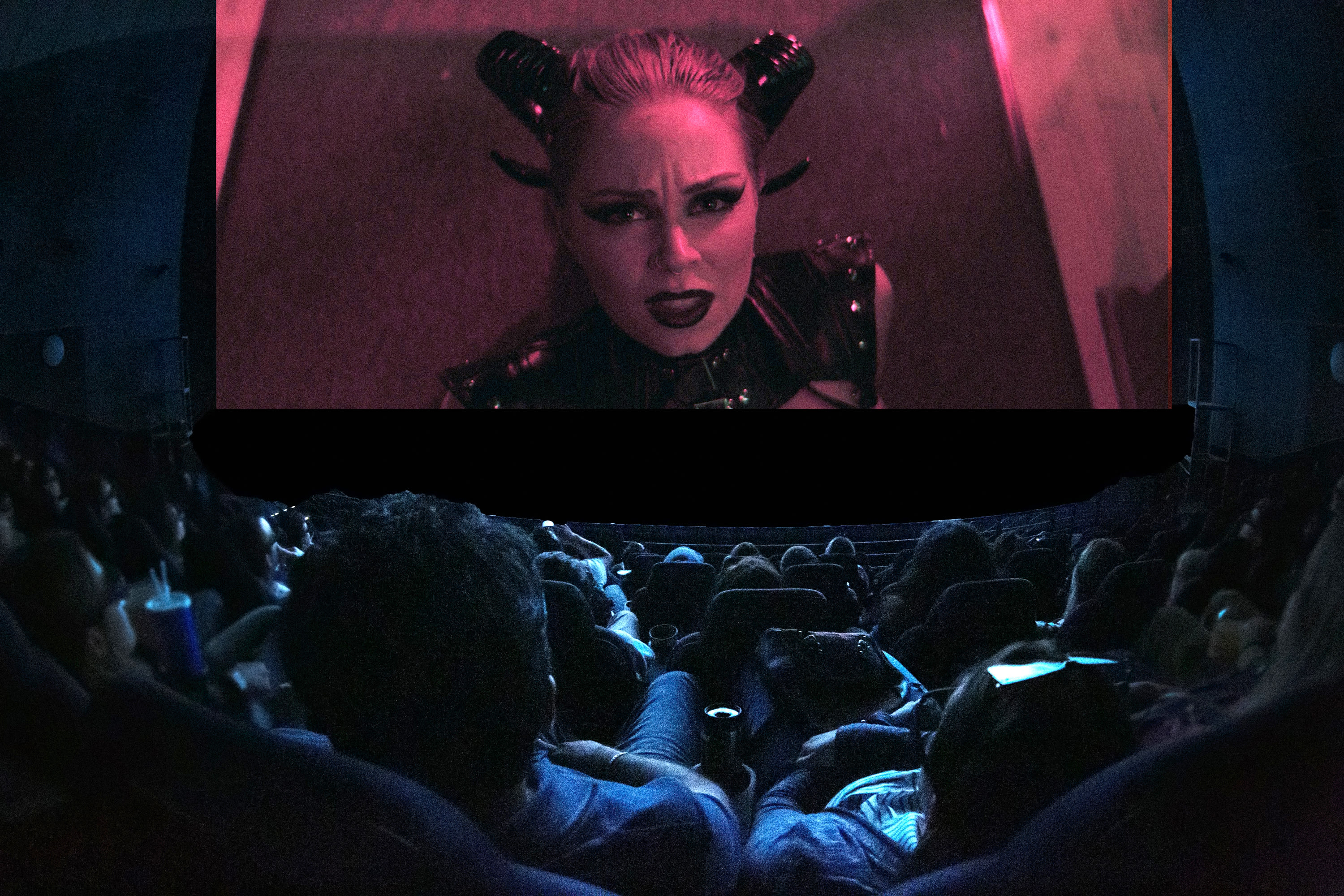The Wi-Fi of Oz

Image: Jerry Miller
CALL HIM THE SCRUFFY ONE. The Dreamer. But if Mayor Mike McGinn gets his way, we may regard him as the One to Deliver Us from Painfully Slow Glee Downloads. Last March in a speech to kick off his mayoral campaign, McGinn painted a vision of a broadband utopia: every Seattle abode enjoying blazingly quick Internet speeds, with Wi-Fi radiating throughout the home, and high-def video flickering on the tube.
He achieved electoral victory eight months later by harnessing the dream of a “New Seattle,” one free of corporate influence, yes, but still heavy on tech—an Emerald City fit for its new boss, McGinn the iPhone-wielding wizard.
He was onto something. Globally, municipal broadband is rapidly achieving near-birthright status; 22 countries, including Japan, Sweden, and Finland, have developed national broadband plans.
In the U.S., however, such efforts have been abysmal. San Francisco, Philadelphia, Chicago, New York, and Atlanta have all tried to go the muni broadband and Wi-Fi route only to see those programs crash faster than a PC with an exotic virus. The problem has often been that the cities partnered with private service providers that were unwilling to carry their share when costs vastly exceeded estimates.
McGinn and his tech advisers think they have the solution: Turn broadband into a city-run utility, like trash collection or water supply. “It’s in the Seattle tradition to take control of our own infrastructure,” McGinn said. “That’s where our economic future is, that’s where our jobs come from, and that’s how we compete in the world economy.”
Not so fast, say broadband industry heavies like Ron Main, executive director of the Broadband Communications Association of Washington. There isn’t a lot of precedence for the do-it- yourself, muni broadband model. Attempting it would put the city in direct competition with established Internet service providers like Comcast, Broadstripe, and Qwest. And good luck with that, says Main. “Cities do a good job of providing utility service for garbage pickup, water, electricity, and sewage disposal, but unfortunately the city maintains a monopoly for all those services. The city doesn’t have a lot of experience dealing with a competitive marketplace.”
McGinn and team are undeterred—and moving fast. In March, Bill Schrier, the city’s chief technology officer, will apply for a federal stimulus grant to start broadband in an as-yet-unspecified test neighborhood in underserved Southeast Seattle. Speaking like a true acolyte of McGinn’s new Oz, Schrier says of his boss’s broadband dreams: “He doesn’t want to lollygag.”




